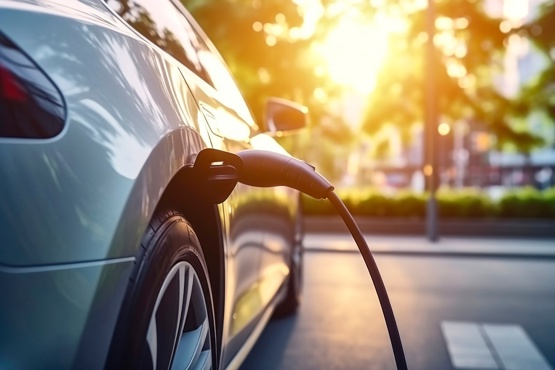Car buyers are increasingly turning towards electric vehicles (EV), with interest in petrol and diesel cars continuing to drop, according to EY’s latest Mobility Consumer Index.
The report reveals that 59% of those planning to buy a vehicle in the next two years prefer battery electric vehicles (BEV), hybrid electric vehicles (HEVs), or plug-in hybrid electric vehicles (PHEVs), up from 54% in 2023.
 Specifically, 23% of respondents are most likely to opt for a BEV, up from 19% last year, while 27% plan to purchase an HEV, also a rise from 25%. PHEV interest remains steady at 10%. Meanwhile, preference for internal combustion engine (ICE) vehicles has dropped to 36%, down from 41% last year.
Specifically, 23% of respondents are most likely to opt for a BEV, up from 19% last year, while 27% plan to purchase an HEV, also a rise from 25%. PHEV interest remains steady at 10%. Meanwhile, preference for internal combustion engine (ICE) vehicles has dropped to 36%, down from 41% last year.
Environmental concerns are the top driver behind rising EV interest, with 35% of UK respondents citing this as their main reason for choosing electric. High fuel prices (31%) and increased penalties for ICE vehicles (27%) are also influencing the shift.
Interestingly, despite the rise of online car buying, 55% of respondents still prefer to purchase a new car through a physical dealership, underscoring the importance of maintaining both digital and showroom experiences.
David Borland, EY’s UK and Ireland automotive leader, said he was encouraged to see the UK’s forward-looking car buying intent rising, particularly in the face of declining private retail demand. “Consumer interest in petrol and diesel vehicles is falling rapidly, which is crucial to supporting the UK’s transition to EVs, especially with the government’s 2030 ban on ICE sales looming.”
Despite growing enthusiasm for EVs, several concerns persist. High upfront costs deter 37% of respondents, up from 36% in 2023. Although fewer people cited a lack of charging infrastructure as a concern (23% versus 37% last year), it remains a key issue, alongside the cost of battery replacement, which emerged as a significant new worry.
Maria Bengtsson, head of mobility at EY UK, said: “While the UK is making progress on EV adoption, challenges remain, particularly around charging infrastructure and battery replacement costs. Policymakers, manufacturers, and retailers must collaborate to address these concerns and ensure a smoother transition to EVs.”

